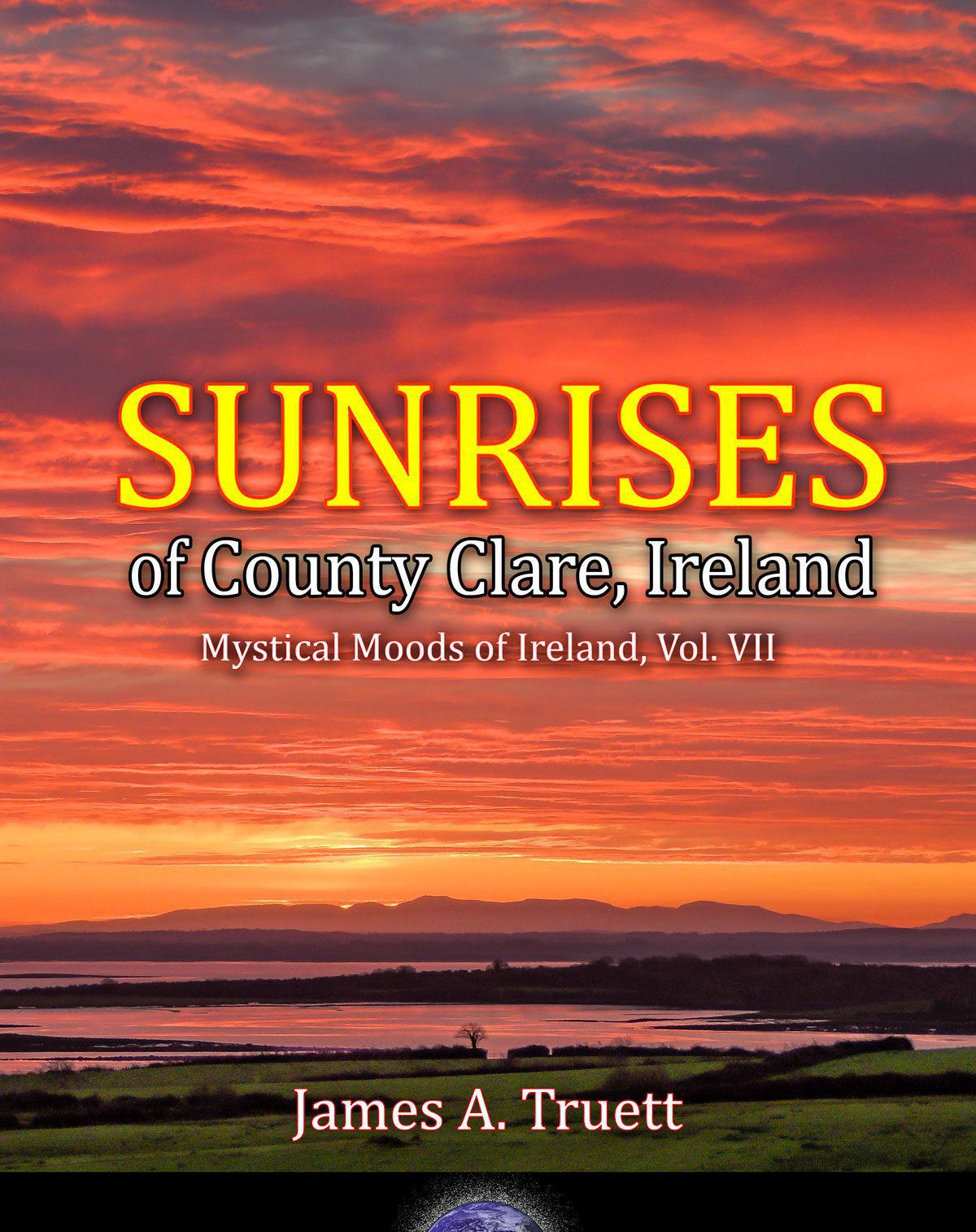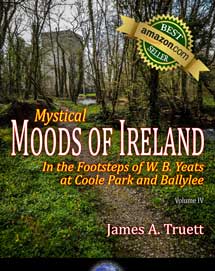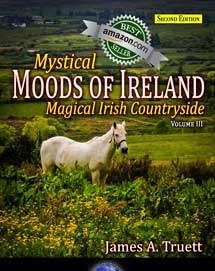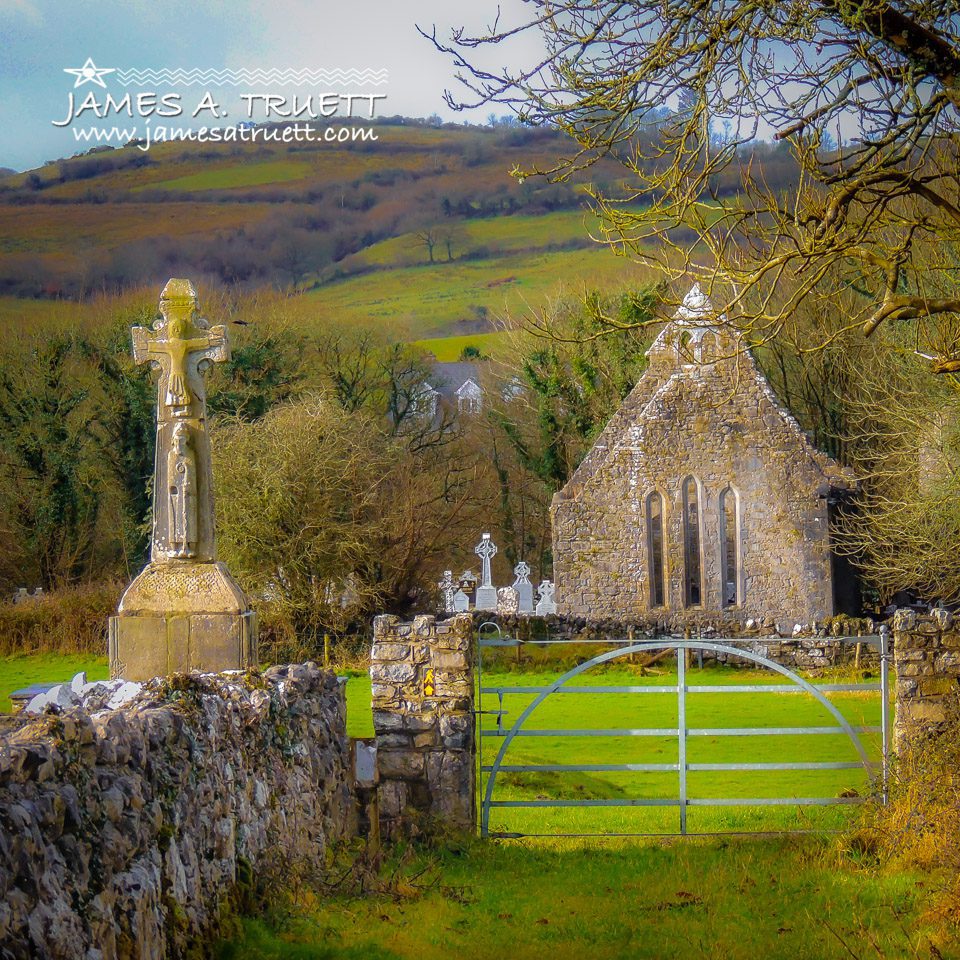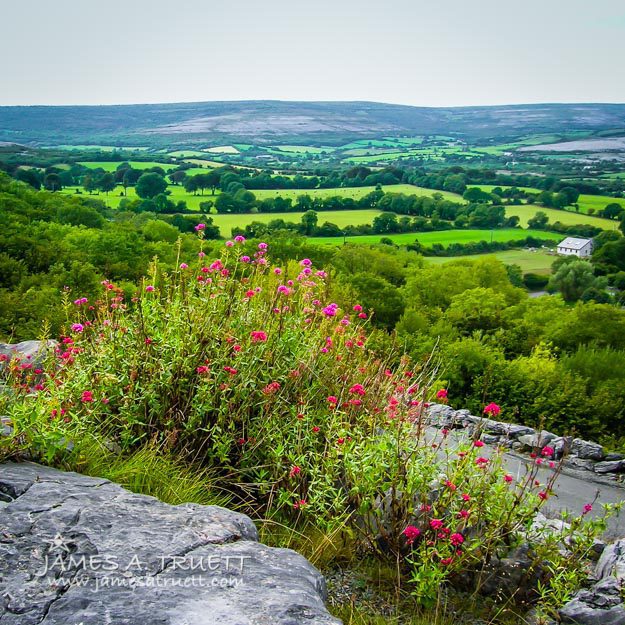Poppy Day and a Tribute to Veterans

Today is Veteran's Day in the U.S. and Armistice Day in the British Commonwealth countries plus France, Belgium and many others. I always remember wearing red poppies as a tribute to veterans, but I never really understood the origin of the practice.
Here's how it all came about.
Wearing poppies for Remembrance Day (yesterday in the UK) began after the World War I poem “In Flanders Fields” by Canadian Lieutenant-Colonel John McCrae became widely popular in 1915.
Poppies flourished around the graves of soldiers in Ypres, West Flanders, Belgium, mainly due to the increased lime content of the topsoil. Poppies were one of the only plants that could grow in those conditions.
After the war ended in 1918, American Professor Moina Michaels began wearing a red poppy year-round to honour dead soldiers. She campaigned for the American Legion to adopt the poppy as an official symbol of remembrance.
A French woman, Madame E. Guerin, took up the cause and started selling poppies in France to raise money to support war orphans. The practice spread to the UK and continues to be the symbol for honouring fallen soldiers in the Western world.
Here's the poignant poem that inspired the use of the poppy for Remembrance, Armistice and Veterans Days:
“In Flanders Fields”
by Lieutenant-Colonel John McCrae
In Flanders fields the poppies grow
Between the crosses, row on row,
That mark our place; and in the sky
The larks, still bravely singing, fly
Scarce heard amid the guns below.
We are the Dead. Short days ago
We lived, felt dawn, saw sunset glow,
Loved and were loved, and now we lie
In Flanders fields.
Take up our quarrel with the foe:
To you from failing hands we throw
The torch; be yours to hold it high.
If ye break faith with us who die
We shall not sleep, though poppies grow
In Flanders fields.
A salute to Veterans everywhere for their courage and bravery in fighting, no matter how misguided the wars.
In this image from Summer, poppies grow wild in a field near the County Clare village of Ballynacally.


